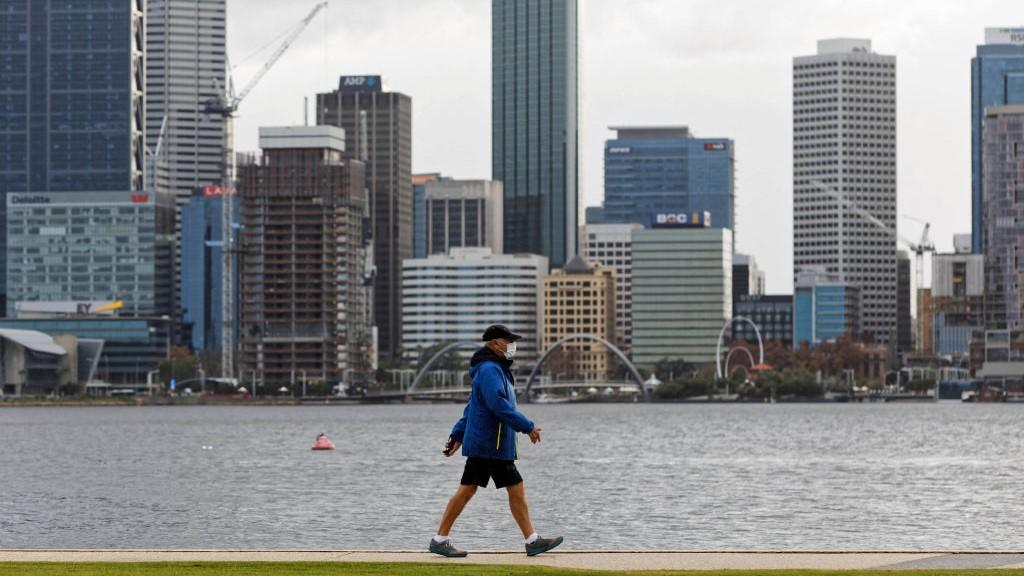Western Australia (WA) will be spending $77 million to support businesses hit by the state’s continued border closures.
WA had planned to reopen its interstate borders for Feb. 5, abruptly backflipping on its decision in fear that two doses of vaccination did not effectively protect against the Omicron variant of the CCP (Chinese Communist Party) virus.





